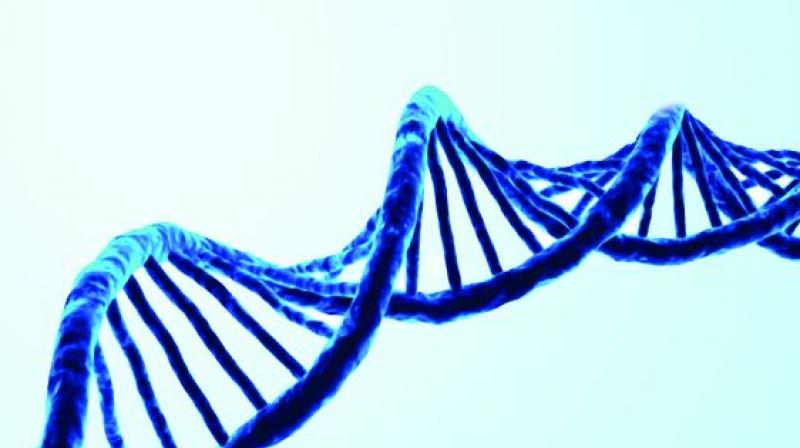Hyderabad: Advanced forensic labs cut backlog by 50 per cent in a year

Hyderabad: The number of DNA profiles collected from crime scenes as evidence has doubled over a year from 10,000 cases in 2017 to nearly 20,000 from 2018 to so far in 2019. A large number of cases — majority of which are related to sexual offences against women and children — have been cracked with the help of DNA profiles.
Additionally, the rising demand for DNA testing in criminal investigation has given a huge impetus to the forensic infrastructure across India’s forensic science labs (FSL) over the past year, thereby reducing the backlog of cases by nearly 50 per cent, the Central Forensic Science Lab (CFSL) director said.
Forensic laboratories across the country have managed to reduce the pendency of DNA testing by 50 per cent on an average. Dr Rajiv Giroti, deputy director, CFSL, Hyderabad said, “Shortage of well-equipped, hi-tech laboratories and inadequate staff strength at forensic labs has long been responsible for the delay in forensic examination of suspects, leading to the rise in the backlog of court cases.
According to the Directorate of Forensic Science Services (DFSS), more than 12,000 DNA samples from sexual assault cases were awaiting examination in three of the six CFSLs across India till December 2017.”
He went on to add, “Last year, however, the CFSL saw a reversal of trend after a series of initiatives were announced to enhance the country’s forensic infrastructure. The biggest step taken by the Union Ministry of Women & Child Welfare was to upgrade the Chandigarh CFSL with the state-of-the-art ‘Sakhi Suraksha’ lab to expedite the investigation and prosecution of violent crimes against women.”
According to recent reports, DNA testing infrastructure is being upgraded across all state forensic science labs. Larger states like Maharashtra and Tamil Nadu are expanding facilities across districts to increase coverage and reduce the load on existing labs. “In the south, Tamil Nadu is seen to expand a good number of regional level labs while up north, Himachal Pradesh has stepped up its infrastructure with their two range forensic labs. In the east, Guwahati is expected to set up its first FSL within six months from now.”
The CFSL’s capability in India is also on an expansion mode. Pune is aiming to rebuild and upgrade its CFSL in the next 8-10 months. This would be in addition to its existing FSL facility in the region.
“With close to 28 state forensic labs having DNA testing facilities in the country today, we still have a long way to go in terms of making this technology accessible with a better lab-to-population ratio,” said the CFSL deputy director.

